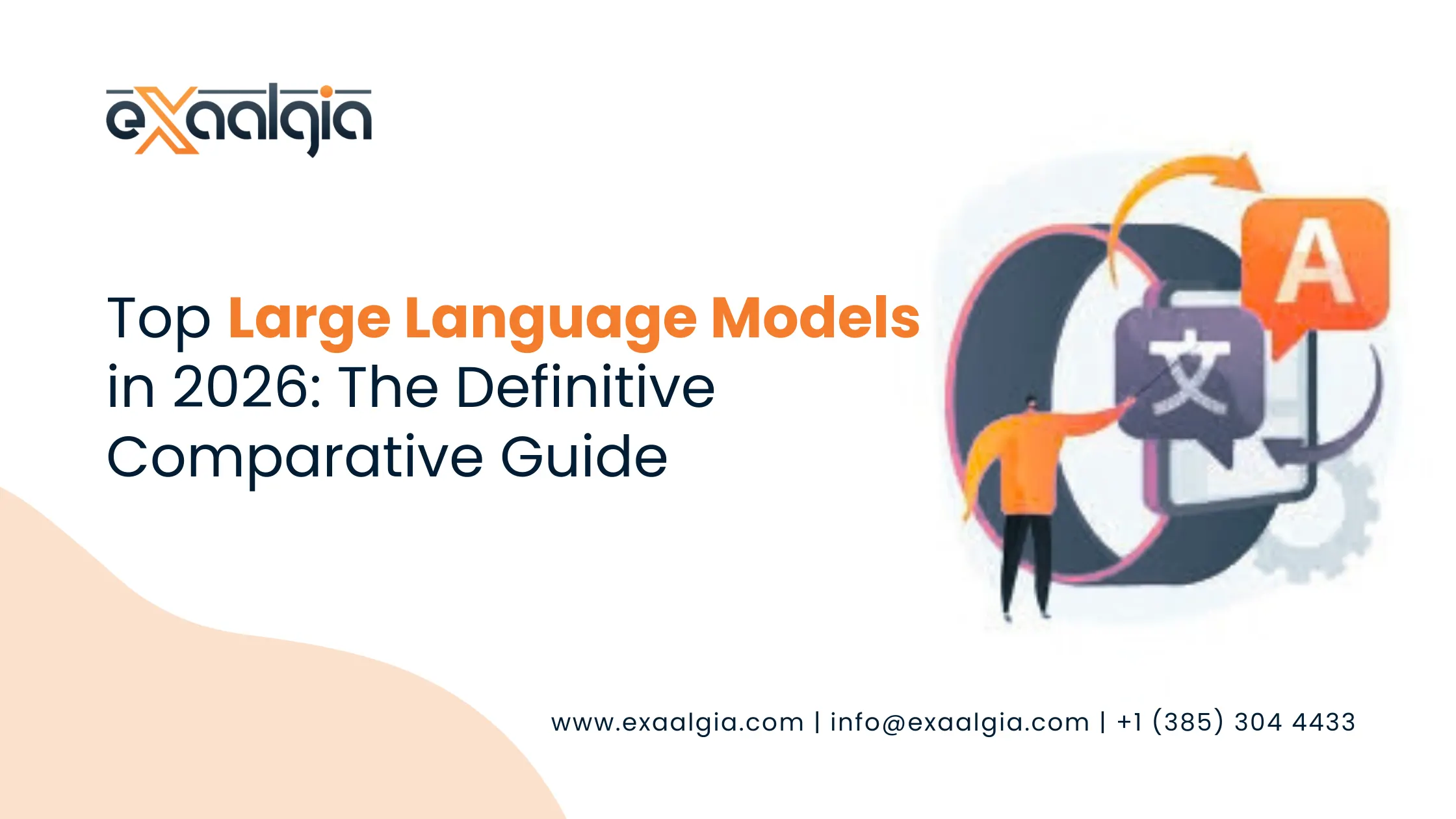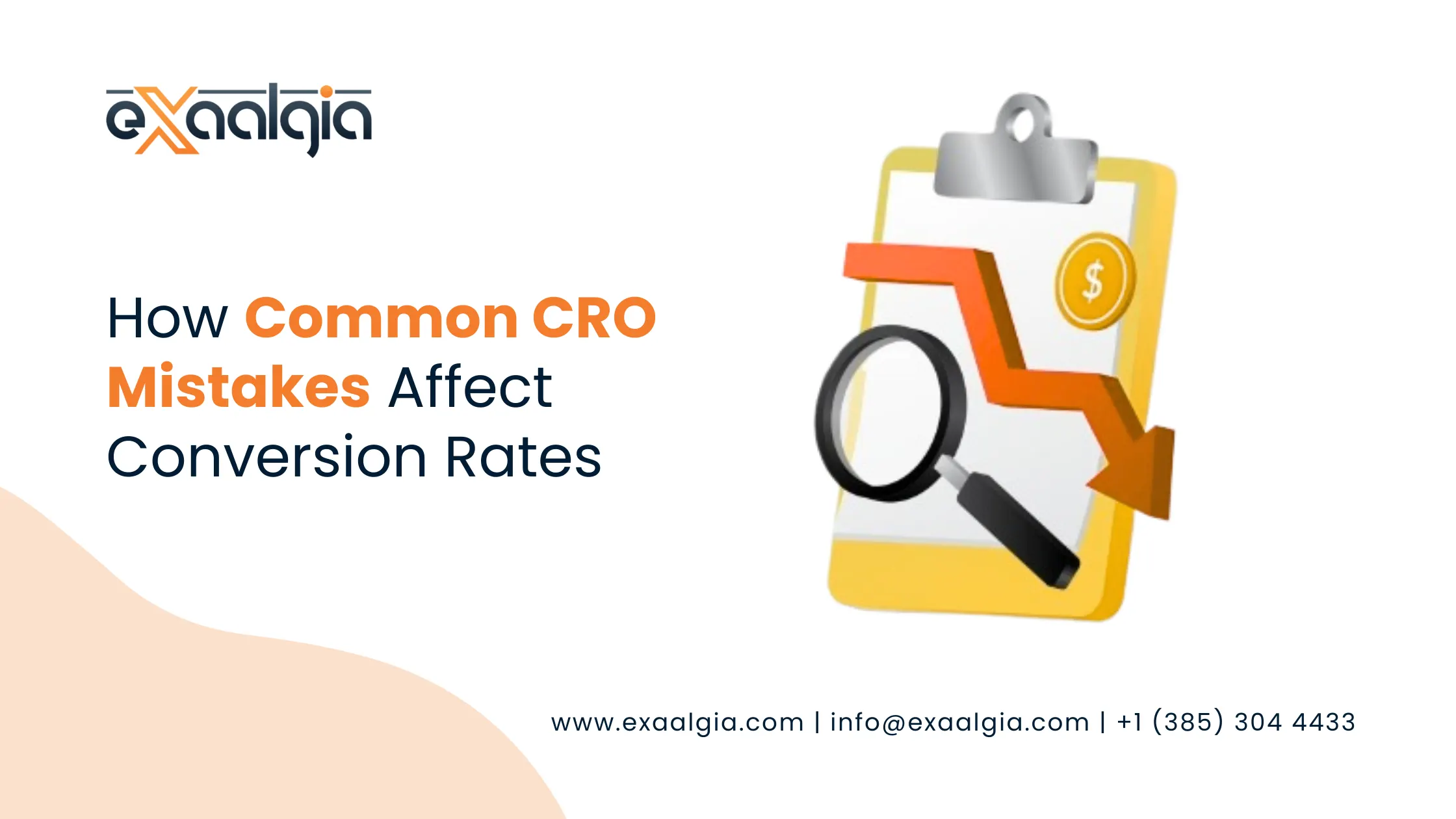Why Tracking Organic Keyword Performance Matters
In SEO, keywords are more than just phrases; they’re the bridge connecting your content to user queries. Tracking these keywords ensures your strategy aligns with audience needs and helps you make data-driven decisions.
Visibility on Search Engine Result Pages (SERPs)
When your keywords rank higher, your website becomes more noticeable. This is crucial since the first page of search engines captures the lion’s share of clicks. Monitoring this visibility lets you see which keywords are working in your favor. Tools like Google Search Console can help you identify these opportunities effectively. Learn more about measuring keyword performance effectively to stay ahead in rankings.
Improving Click-Through Rate (CTR)
A high-ranking position is only valuable if it translates into clicks. CTR metrics reflect how often users are clicking on your links. By examining CTR, you can uncover opportunities to refine your meta titles and descriptions and encourage more users to visit your site.
Understanding User Behavior and Intent
Tracking keyword performance also reveals user behavior. Are users looking for quick answers or in-depth guides? Keyword tracking can offer insights into what your audience is searching for and why. Discover more about the importance of understanding search intent to fine-tune your content strategy.
Key Metrics to Track for Organic Keyword Performance
Effective keyword tracking hinges on monitoring the right metrics. Let’s explore the ones that can make the biggest difference.
Keyword Rankings
Staying on top of keyword positions is non-negotiable. Higher rankings lead to increased traffic, while drops signal areas needing improvement. Use tools like Ahrefs or SEMrush to keep an eye on these shifts.
Organic Clicks and Impressions
Clicks measure how often users land on your site from search results, while impressions count the number of times your link appears on SERPs. Both metrics are critical indicators of reach and engagement. According to experts, tracking SEO performance using tools like Google Search Console ensures precise results.
Click-Through Rate (CTR)
CTR benchmarks differ by industry, but aiming for at least a 2%-3% CTR is a good start. This metric shows how compelling your meta descriptions and titles are for users.
Bounce Rate and Engagement Metrics
If users land on your page but leave immediately, your bounce rate increases, signaling poor engagement. This could mean the content didn’t meet their expectations, or your keywords didn’t match their intent.
Tools to Simplify Keyword Performance Tracking
Thankfully, there’s no shortage of tools to help streamline the process.
Google Search Console
A free and essential tool, Google Search Console offers insights on clicks, impressions, and keyword positions. You can also track performance for specific queries, helping you identify strengths and weaknesses.
Google Analytics 4 (GA4)
With GA4, you can go beyond basics, examining organic sessions, user engagement, and conversions tied to specific keywords. This tool is invaluable for spotting trends and adapting your strategies.
SEMrush and Ahrefs
When you need advanced insights, tools like SEMrush and Ahrefs are excellent. They provide data on keyword difficulty, competitive analysis, and historical rankings.
Best Practices for Monitoring and Optimizing Keywords
Tracking your keywords isn’t enough; you need a robust action plan to improve results.
Set Clear KPIs for Tracking
Define what success looks like. Are you aiming for higher organic traffic, better CTRs, or more conversions? Setting measurable goals ensures your efforts remain focused.
Optimize Content for Search Intent
Align your content with what users are looking for. Use research tools to analyze intent behind keywords and adjust your headlines, subheadings, and content accordingly.
Track Performance Regularly
SEO isn’t set-and-forget. Regular monitoring helps catch declining performance early and offers chances to refine your strategy. Learn more about monitoring keyword rankings to maintain an edge.
Focus on Long-Tail Keywords
Long-tail keywords may have lower search volume, but they often bring in more targeted traffic. These keywords, such as “best vegan recipes for beginners,” are specific, intent-driven, and easier to rank for.
Final Thought
Tracking organic keyword performance isn’t just about rankings; it’s about building a strategy that drives meaningful traffic and engagement. By keeping an eye on metrics like rankings, CTR, and bounce rate, and using tools like Google Search Console and Ahrefs, you can elevate your SEO efforts. Remember, consistent monitoring paired with optimization ensures sustainable success in search engines.
If you’re looking for a reliable Digital Marketing Agency in USA, consider partnering with experts who specialize in Organic Search Marketing. They can help you implement these strategies effectively and achieve your business goals.
FAQs
- What is organic keyword performance tracking?
Organic keyword performance tracking involves monitoring how specific keywords rank on search engines, their click-through rates, and overall impact on website traffic and engagement. - Why is CTR important in SEO?
CTR (Click-Through Rate) measures how often users click on your link after seeing it in search results. A high CTR indicates that your meta titles and descriptions are compelling and relevant to users. - How can I improve my keyword rankings?
To improve keyword rankings, focus on creating high-quality content, optimizing for search intent, and building authoritative backlinks. Regularly monitor performance and adjust your strategy as needed. - What tools are best for tracking keyword performance?
Popular tools for tracking keyword performance include Google Search Console, Google Analytics 4 (GA4), SEMrush, and Ahrefs. These tools provide insights into rankings, clicks, impressions, and more. - What are long-tail keywords, and why are they important?
Long-tail keywords are specific, intent-driven phrases with lower search volume but higher relevance. They are easier to rank for and often attract more targeted traffic, making them valuable for SEO. - How does a Digital Marketing Agency help with organic search marketing?
A Digital Marketing Agency specializes in optimizing your online presence, including SEO strategies, content creation, and keyword tracking. They ensure your website ranks higher and attracts the right audience. - What is Exaalgia, and how does it relate to SEO?
Exaalgia is a term that represents the pursuit of excellence in digital strategies. In SEO, it emphasizes the importance of meticulous tracking, optimization, and continuous improvement to achieve outstanding results.
By following these tips and leveraging the right tools, you can master organic keyword performance tracking and drive sustainable growth for your business.







